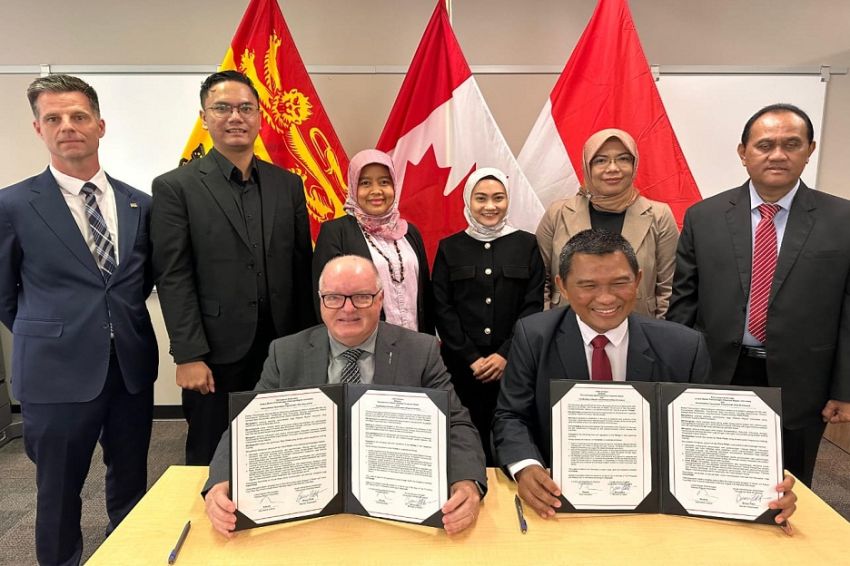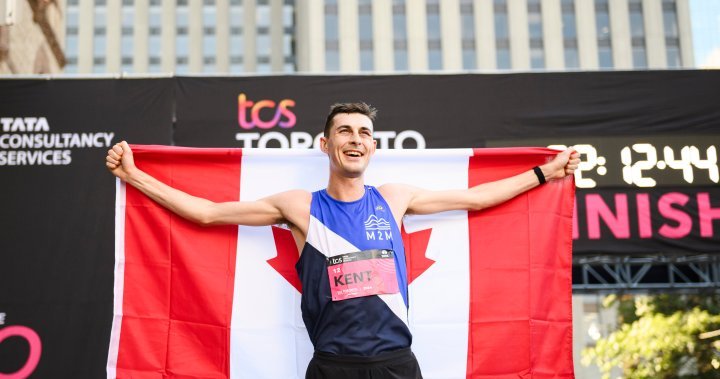U-17 World Cup Trophy (doc. PSSI)
Jakarta: Big event U-17 World Cup Indonesia is scheduled to take place from November 10 to December 2, 2023. The most prestigious football tournament for players under the age of 17 will be the 19th edition.
The U-17 World Cup was first held in 1985 with the U-16 World Cup title and is held every two years. It was not until 1991 that the championship format was replaced by the U-17 World Cup, which continues to this day.
Over the previous 18 editions, we have seen many successful young players attracting attention. However, few of them manage to reach their full potential.
Among the many young players who have won the Ballon d’Or or the Best Player award, only a few have managed to continue their careers at the highest level.
So, who are the young players who won the U-17 World Cup Best Player award and are still competing in the world’s elite competitions?
1. William (Brazil)
1985 U-16 World Cup (China)
Best player: William (Brazil)
Champion: Nigeria (beat West Germany 2-0)
Brazilian U-16 national team forward William performed brilliantly at the first edition of the U-16 World Cup in China. He successfully scored five goals for Brazil. Generally speaking, William’s goal collection is still lower than that of West German striker Marcel Witeczek who emerged as top scorer (8 goals) and led his team to the final.
However, at the end of the tournament, FIFA preferred to award the best player award to William, even though it only allowed Brazil to emerge in third place.
After the U-16 World Cup, William had great prospects in Europe. Unfortunately, he failed to show his great potential. Throughout his career, he has spent more time in Brazil with Vasco da Gama, Flamengo, Atletico Mineiro and Fluminense.
2. Philip Osondu (Nigeria)
1987 U-16 World Cup (Canada)
Best player: Philip Osondu (Nigeria)
Champion: Soviet Union (defeated Nigeria 4-2 (1-1) on penalties)
Philip Osondu performed brilliantly in taking Nigeria to the final of the second edition of the U-16 World Cup in Canada. He immediately caught the eye by scoring a hat-trick in the match against Bolivia, which also ensured the Super Eagles’ progression to the quarter-finals.
In the final round, Osondu opened Nigeria’s lead over the Soviet Union. Unfortunately, he failed to get Nigeria to defend their title as they lost on penalties to the Soviet Union after playing 1-1 in regulation time.
With his brilliant performance, Osondu was named the best player. Unfortunately, he failed to reach the peak of his career. After a sensational appearance at the U-16 World Cup, Osondu’s career ended in Belgium where he played for Anderlecht and eventually died at the age of 48.
3. James Will (Scotland)
1989 U-16 World Cup (Scotland)
Best player: James Will (Scotland)
Champion: Saudi Arabia (defeated Scotland 5-4 (2-2) on penalties)
For the first time, the winner of the Ballon d’Or or best player fell to a goalkeeper. That player is James Will, the main goalkeeper for the host team, Scotland.
Will put in some sensational performances throughout the tournament. In five matches, he managed to keep four clean sheets and conceded just one goal to help Scotland advance to the final round.
In the final, Will conceded two goals and failed to take Scotland to the championship as they lost on penalties to Saudi Arabia. However, this result did not prevent him from being named the best player.
After the tournament, James Will joined Arsenal’s academy. However, his efforts to improve his career did not go as planned. Will was unable to break into Arsenal’s first team until he eventually returned to Scotland for the rest of his career.
4. Nii Lamptey (Ghana)
1991 U-17 World Cup (Italy)
Best player: Nii Lamptey (Ghana)
Champion: Ghana (beat Spain 1-0)
1991 marked the change in format from the U-16 to U-17 World Cup. Italy hosted the first U-17 World Cup.
In the tournament in which 16 teams participated, 15-year-old Ghanaian player, Nii Lamptey, was selected as the best player. He was awarded the Ballon d’Or after scoring four goals and successfully leading his team to the league title.
Lamptey’s brilliant performance was even appreciated by Pelé. The Brazilian football legend specifically called Lamptey his “natural successor.”
After the U-17 World Cup, Lamptey struggled to improve his career playing for several European clubs such as PSV Eindhoven and Aston Villa. Unfortunately, even though he was a mainstay of the Ghana national team up to the senior level, Lamptey was unable to achieve the successful career that people predicted.
5. Daniel Addo (Ghana)
1993 U-17 World Cup (Japan)
Best player: Daniel Addo (Ghana)
Champion: Nigeria (beat Ghana 2-1)
Daniel Addo is Ghana’s midfield general and the main driving force behind his country’s success in reaching the final for the second time in a row. Addo scored three goals during the tournament but failed to make Ghana a champion as he lost to fellow Nigerian Arfika.
Thanks to his heroic performance in the Ghanaian midfield, Addo was named the best player. Unfortunately, just like his compatriot Nii Lamptey, Addo also failed to shine in Europe. The best club he played for was Bayer Leverkusen.
6. Mohammed Al-Kathiri (Oman)
1995 U-17 World Cup (Ecuador)
Best player: Mohammed Al-Kathiri (Oman)
Champion: Ghana (beat Brazil 3-2)
For the first time, the Golden Ball or Best Player of the U-17 World Cup was won by an Asian player. The player is Mohammed Al-Kathiri from Oman.
Al-Kathiri was named Ecuador’s best player at the U-17 World Cup thanks to his brilliant performance which surprised Oman by reaching the semi-finals, including beating former champions Nigeria in the quarter-finals.
Playing as a playmaker, Al-Kathiri successfully scored five goals, which also voted him the tournament’s top scorer, the same as Australian striker Daniel Allsopp’s goal collection.
So how is Al-Kathiri’s career going after the U-17 World Cup in Ecuador? He chose to continue his career in his country, although he received offers from foreign clubs.
7. Sergio Santamaria (Spain)
1997 U-17 World Cup (Egypt)
Best player: Sergio Santamaria (Spain)
Endowed with good vision and supported by good technique, Sergio Santamaria managed to capture the attention of the public during the U-17 World Cup in Egypt. He was named the best player after scoring two goals and helping Spain to third place.
Santamaria’s future was predicted to be bright after the Barcelona academy student was promoted to the senior team and earned seven caps for the Blaugrana first team. Unfortunately, he failed to realize his dream after a tough competition in the Barça first team. After Barca, he only played for temporary clubs like Real Oviedo, Alaves and Albacete.
8. Landon Donovan (United States)
1999 U-17 World Cup (New Zealand)
Best Player: Landon Donovan (United States)
Champion: Brazil
The United States U-17 National Team made history in New Zealand where they successfully advanced to the semi-finals, only to be stopped by Australia on penalties. Landon Donovan became the protagonist of the American national team, scoring three goals and being named best player at the end of the tournament.
After that, Donovan continued to show charming performances with the US national team. He became the backbone of the senior United States national team and even became a living legend, scoring 57 goals in 157 matches.
It can be said that his club career was successful, even if it did not reach its peak. Landon Donovan spent part of his career at LA Galaxy, but managed to bring his name to a wider audience thanks to his good performances with top European clubs like Everton, Bayer Leverkusen and Bayern Munich.
9. Florent Sinama Pongolle (France)
2001 U-17 World Cup (Trinidad and Tobago)
Champion: France
Florent Sinama Pongolle’s name immediately skyrocketed after his sensational performance where he not only led France to win the title but also registered as the top scorer by scoring 9 goals. So far, he is the only player to have won two prestigious awards in a single tournament.
After the 2001 U-17 World Cup, Sinama Pongolle had time to let go of his career with Liverpool. However, he failed to reach the peak of his career with the Reds. (FIFA.Com)
Continued..

“Amateur problem solver. Hipster-friendly alcohol lover. Beer buff. Infuriatingly humble tv geek.”






